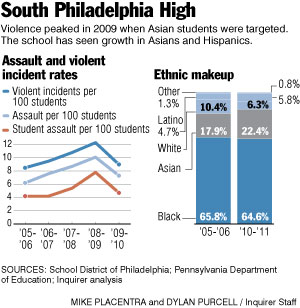For the life of me I don’t understand why the press doesn’t shove this fact in front of every Republican who says the debt limit cannot be raised unless serious new spending cuts are put in place. The supposedly “courageous,” “visionary” Paul Ryan plan — which already contains everything Republicans can think of in terms of these spending cuts — would add more debt than we’ve ever seen over a 10-year period in American history. Yet Ryan and other House GOP leaders continue to make outrageous statements to the contrary.
Without blushing. And without anyone calling them on it.
“The spending spree is over,” Ryan said the other day, after the House passed his blueprint. “We cannot keep spending money we don’t have.” Except that by his own reckoning Ryan is planning to spend $6 trillion we don’t have in the next decade alone.
“We have too many people worried about the next election and not worried about the next generation,” Ryan added. So Ryan is expressing his concern by adding at least $14 trillion to the debt between now and when his plan finally balances the budget sometime in the 2030s (and only then if a number of the plan’s dubious assumptions come to pass).
“We cannot afford to ignore this coming fiscal train wreck any longer,” Eric Cantor says. “Complacency is not an option.” Well, if $14 trillion in fresh debt and unbalanced budgets until the 2030s do not amount to “complacency,” I’d hate to hear what the GOP definition of “profligacy” is.
I've said it before: Paul Ryan's budget is a "path to prosperity" for the already-prosperous. It doesn't fix the debt but it does weaken the safety net while giving a tax break to the rich. It's just not good.
